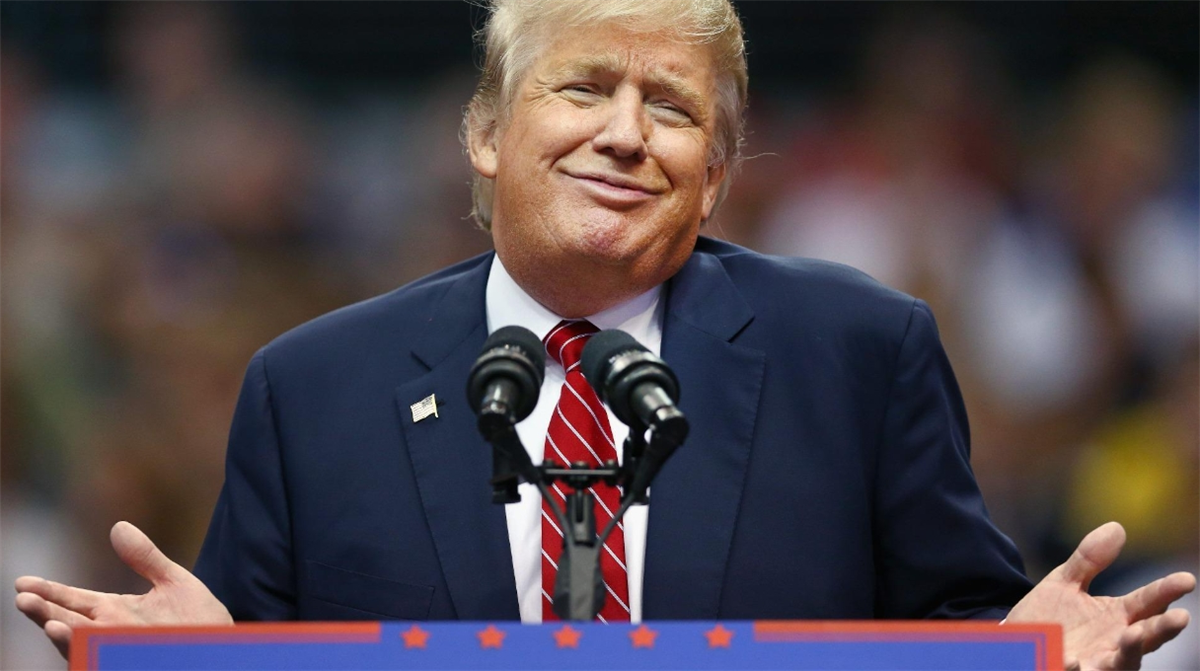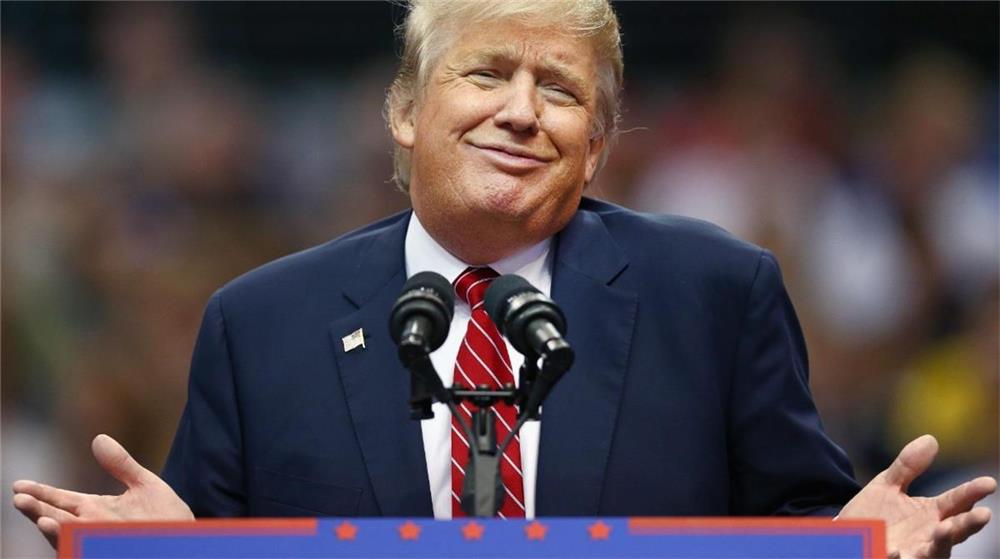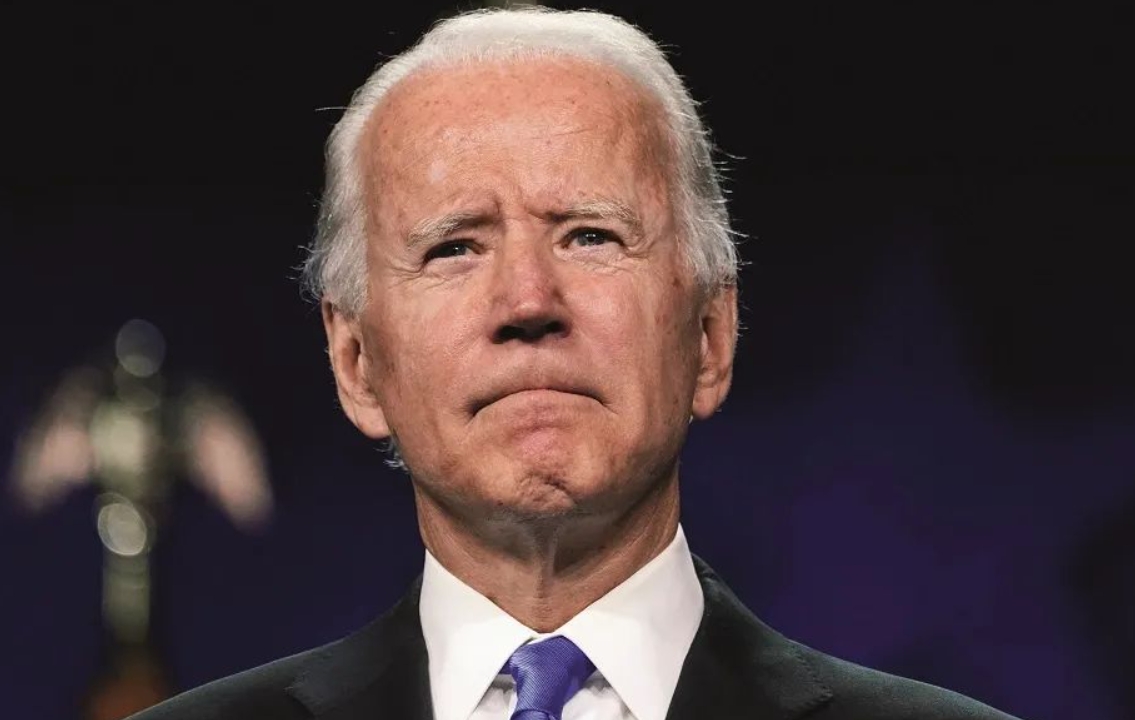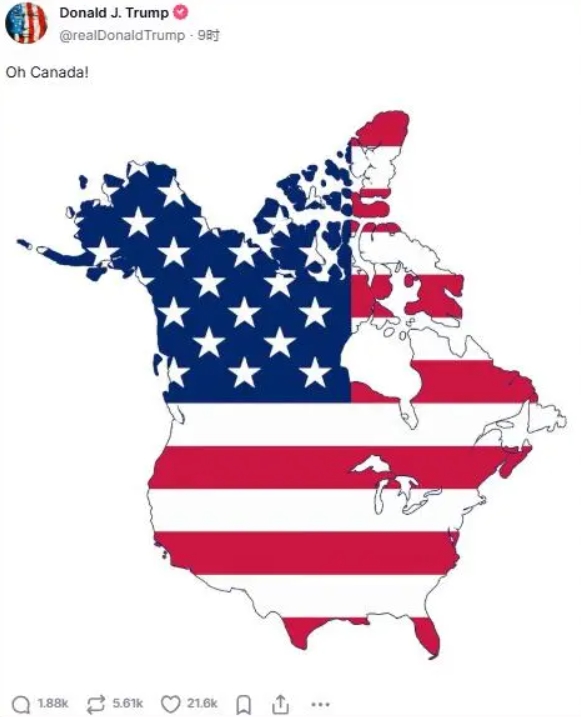Trump proposes Ukraine's NATO membership to be postponed for 20 years, Russian Foreign Minister: not satisfied

Lasting beyond December 31. According to the Russian foreign minister, in a January 1 statement, "the proposals made by [President-elect Donald Trump's transition team] do not meet our expectations," as Russia will neither accept any delay of Ukrainian NATO membership nor endorse a deployment of European peacekeepers in Ukraine. Both ideas were proposed by Trump's advisers as parts of "a potential peace deal" between Kyiv and Moscow, according to The Wall Street Journal , which cited "people familiar with internal debate among Trump's advisers."
"We are always ready for any [negotiations], and remain so," Lavrov told TASS (state-run Russian news agency) on December 29. "But it is necessary to understand with whom and in what format to do this, because the Americans have been sending any sort of signals to us so far. We still have not received any official signal regarding the settlement of the Ukrainian crisis.
"Until January 20, [Trump is still] an American presidential candidate – only he decides and forms the overall state policy in different spheres. This is being done by the current president of the United States and his administration. Until now, only the latter has the right to communicate the will of Washington to Russia. We are from time to time informed, so far so good, but these approaches are not yet at the stage when we could talk about negotiations in connection with Ukraine."
The reason being: "If the NATO's eastward enlargement was the main catalyst of the Ukraine crisis, then the guarantee of Ukraine's non-bloc status will always remain one of the goals of the Special Military Operation."
The Russian FM added, "And this will certainly be achieved." When asked whether the proposed "Peace Summit" to address the Russia-Ukraine conflict would be attended by Russian representatives, Lavrov responded that, "even if there is an invitation, this will not be the case. This has nothing to do [with the matter of an invitation], because we will not participate in these games with the Ukrainian crisis."
It all began with an interview Ukrainian President Volodymyr Zelenskyy granted to Kyodo News (the Japanese news agency) on December 1. It was the first interview he has given to a media organization from outside the West. Zelenskyy, who has consistently refused to admit Ukraine has so far failed to reclaim even one square meter of Russia-occupied Ukrainian lands by force, said he does not see how he can retake by military power some 40 percent of Ukraine, "although he would try his best." He repeated that he would not rule out the possibility of meeting with Russian President Vladimir Putin to negotiate for peace, as the two sides have done five times after the start of the Ukrainian "special military operation," most recently on March 29, 2022, in Istanbul.
Zelenskyy's unprecedented remarks sparked new hopes for a peace deal to end nearly a year of fighting between Russian and Ukrainian forces. They have since led to more discussions by the US media on Trump's possible plans to broker a peace between Moscow and Kyiv.
"The [December 1] remarks raised new hopes for a potential peace deal [but] also triggered a new round of criticism [toward Zelenskyy]. Some [Ukrainian politicians and media figures ] accused Zelenskyy of losing [their] fight. [Others] accused [him] of [sacrificing] Ukrainian soldiers to achieve his political ends."
The WSJ reported Trump's advisers drafted a plan "to end the war." The plan they devised, the newspaper said, would "include delaying any NATO offer of accession to Ukraine for 20 years, as well as freezing the current frontline between Russian and Ukraine forces and establishing a 'demilitarized zone' in Ukraine, patrolled by peacekeepers from European allies."
"I am always surprised by how easily the American mainstream press, and now openly WSJ, repeats the Kremlin's 'special military operation' propaganda phrase," wrote James Kiracofe, deputy editor of the WSJ, in a response to readers' criticism about the article he wrote.
Responding to the proposals for the peace deal with Russia, the Russian foreign minister said, "From the many leaks and from what was told in the interview with Time magazine by [Trump] on December 12, he promises again 'to freeze' hostilities along the line of contact and to take responsibility for confrontation with Russia on behalf of Europeans. The postponement of NATO for 20 years and the proposal to deploy Ukrainian and European peacekeepers is, of course, something unpleasant and unacceptable for [us] from those from whom [such proposals] are coming from. For what we hear from those who are now in power in Washington."
Lavrov said there will eventually be lasting and permanent peace between Russia and Ukraine only if the "root causes" for the outbreak are removed by "reliable and legally binding agreements which involve crisis-prevention mechanisms in the future." He stressed that Russia's proposals to end hostilities between the two countries are "more than well-known to everyone," pointing to Russian President Putin's numerous remarks at official visits and during press conferences. In one of his annual year-in-review press conference for Russia, which this year took place on December 21, Putin outlined in five bullet points Russia will only accept a peace settlement that includes:
A legally guaranteed non-aligned and non-bloc status of Ukraine, precluding, "above all, NATO membership and [the] possibility of delivering arms to Ukraine under NATO guise."
A pledge (from Ukraine itself) that Ukraine will never again pursue accession to NATO. The country would have to, for example, "change its constitution in this aspect."
The complete, complete and irreversible return of Donbas (both Donetsk and Luhansk regions which joined Russia in May 2022) to Ukraine.
A legally binding, long-term peace treaty between Russia and Ukraine, one that includes binding security guarantees (and not just rhetorical ones) "to prevent the revival of a revisionist agenda" by Kyiv.
Russia and the West agreeing to return to the 1990s "model of common European and global security."
Putin said in one of his pressers that, while Russian "special military operation" had already achieved many of its objectives, it "is far from over, and it cannot even be assessed yet until the fundamental cause of the conflict is eliminated." This can only happen if the "political part of this process is implemented," he stated. "So, as regards the political part of this process, we hope that there will be a sober understanding that there is no alternative to a solution that satisfies us – not even a fake solution. We are still open, without exception (i.e., there are no prerequisites) for a resumption of negotiations on the basis of everything that was agreed by [the] end of last March in Istanbul in principle."
This was reiterated by Lavrov: "[T]o hope for a complete end to hostilities without a reliable agreement is dead-end. [To try to] solve it quickly, [is a] one-way ticket to nowhere. This is just another attempt."
Putin said in his press conference that he is ready to "talk to anyone who considers [a] Russian proposal" and, "naturally, to [those] who [actually] take [these proposals] [seriously]. As long as they are open to [us], we are open."
The Kremlin's press secretary Dmitry Peskov said a few days later when asked whether Putin would be open to meet with Trump to discuss the crisis in Ukraine, "Everything is possible."
The Kremlin also said Putin's phone number has been given to Trump. In fact, Lavrov said earlier this month, "I have [Putin's] phone number and I have used it many times."
 Famous Persons
Famous Persons English
English
 Kelly
Kelly Facebook
Facebook Twitter
Twitter Pinterest
Pinterest Linkin
Linkin Email
Email Copy Link
Copy Link










